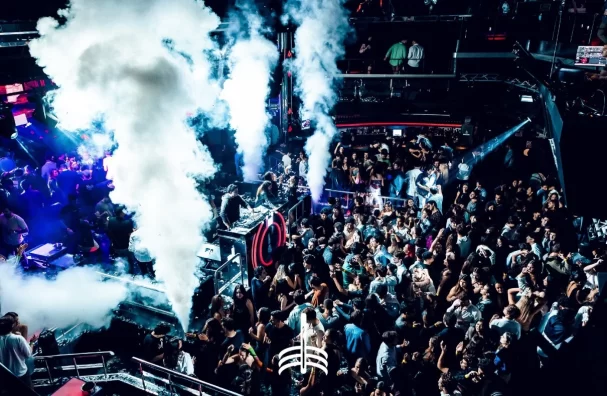
Spain’s nightlife is an integral part of its cultural identity. From flamenco shows to late-night tapas bars, the country has always buzzed with energy post-sundown. However, the end of this tradition seems near, largely due to the global pandemic.
Spain’s nightlife culture dates back centuries. Late dinners, flamenco performances, and all-night parties are deeply rooted in the country’s history.
“Spain’s nightlife is a mirror to its rich cultural heritage“
The COVID-19 pandemic has led to strict curfews, resulting in a significant decline in late-night activities. The impact has been so profound that it seems to mark the end of Spain’s vibrant nightlife culture.
Spain’s economy, heavily reliant on tourism and hospitality, has been hit hard by this shift. Thousands of jobs have been lost, and many businesses have closed their doors permanently.
Despite these challenges, Spain is adapting. Many businesses are shifting their operating hours to cater to a daytime audience. Others are exploring virtual platforms to keep the party going.
While the future of Spain’s nightlife remains uncertain, one thing is clear – it will not be the same. The pandemic has forced the country to rethink and reshape its nightlife culture.
The end of Spain’s nightlife culture is not just a local issue. It has global implications, especially for the tourism industry. Spain’s vibrant nightlife has always been a major draw for international tourists.
